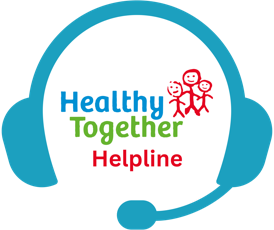Once your baby is born, maternity staff will complete routine checks for you and your baby.
Checks for you
There are a number of checks that the maternity staff will complete on you to ensure you are okay after giving birth.
Stitches
Pelvic floor exercises
Bleeding after birth
Going to the toilet
Reducing blood clots
Checks for your baby
After birth, your baby will have their temperature checked two times and will be weighed. A full head to toe check will be done to check for any problems. The midwife will check for any birth marks and let you know everything they have checked.
Checking oxygen levels (pulse oximetry)
Newborn infant physical examination (NIPE)
Hearing screening
Vitamin K
Newborn blood spot test
Leicestershire Partnership NHS Trust is responsible for the writing, publishing and updating of the content on this page.





